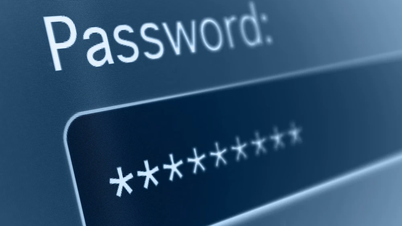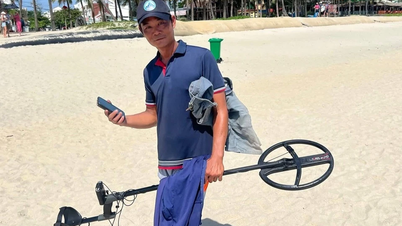
In the process of criminal fraud, the money flow often has to go through the banking system. Therefore, banks need to identify this as a decisive step in preventing and fighting high-tech crimes. If banks do not intervene promptly, even the authorities with full investigative tools will fall into a passive position, often "chasing the trail" in vain.
In many cases, when people discovered they had been scammed, they immediately called the bank's hotline or branch to request to lock their account or block transactions, but often received answers such as "waiting for verification", "the bank cannot intervene without a document from the police"... Meanwhile, with the speed of transferring, withdrawing money, and "rotating" through many accounts like today, just a few minutes of hesitation and all the money will disappear.
This shows that many banks still focus more on procedures than on the safety of customers' assets. When a specific incident occurs, bank employees often follow the requirements: there must be confirmation, official documents, grounds... to block. Instead of designing an "emergency temporary lock" mechanism based on reasonable suspicion through denunciation information from the account owner or unusual transactions, banks still choose a method that is procedurally safe but risky for customers.
Not only that, from a business perspective, banks always advertise that transactions are always smooth 24/7, but there is no corresponding "24/7 emergency control" mechanism. Call centers or customer care channels via applications are often overloaded or processed by automatic response templates, or even temporarily suspended after business hours.
To overcome the situation of banks reacting slowly to online fraud, a system of different solutions is needed. However, in terms of technology, banks need to deploy a real-time transaction monitoring system, using artificial intelligence to identify and warn early about unusual transactions, such as large transfers to new accounts, changing passwords before transactions, etc. When detecting suspicious signs, the system must be able to automatically put the transaction into a pending state to avoid money being lost.
In fact, there are banks that have deployed the APP Protection solution - an AI application solution to protect customer transactions on the MB APP, protecting customers right from the first touch point when logging in with the ability to detect unusual problems, warn customers to install malware that is easily penetrated, take control...
However, with the current situation of online fraud increasing with sophisticated tricks, banks also need to provide users with an “emergency lock” feature, allowing them to temporarily freeze accounts when there are signs of fraud. With just a click of a button on a mobile application, or an official request from a hotline, the suspected account must be temporarily suspended to retain cash flow, creating time for verification. This “golden” time is a key factor in preventing losses and supporting investigations by authorities.
In addition, Decree No. 52/2024/ND-CP dated May 15, 2024 of the Government on non-cash payments, effective from July 1, 2024, stipulates cases of blocking payment accounts, including prior agreement between the payment account holder and the payment service provider or at the request of the account holder. Therefore, people who already have a bank account or are about to open a new bank account should reach an agreement to be able to block the account in emergency cases.
Along with that, it is necessary to add regulations on emergency response to blockade requests from customers or authorities. We cannot let the situation of "waiting for official dispatch" or "waiting for verification" delay the golden time to retain cash flow.
Source: https://nhandan.vn/khong-bo-lo-thoi-diem-vang-de-giu-lai-dong-tien-bao-ve-quyen-loi-khach-hang-post925215.html































































































Comment (0)